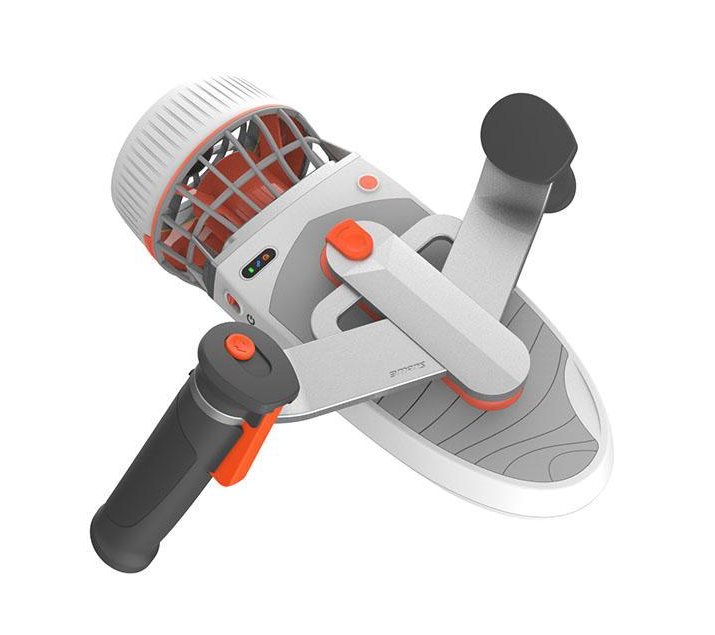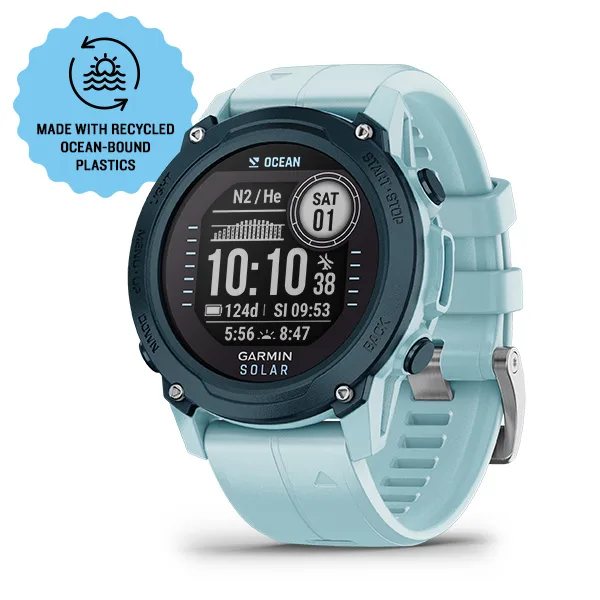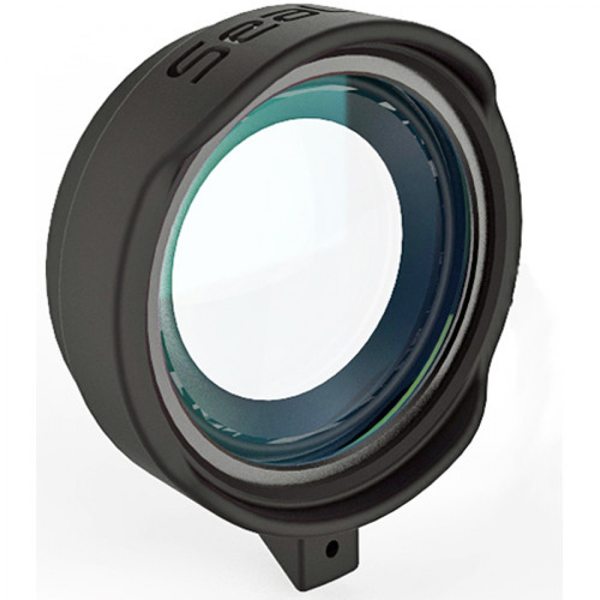- Home
- Directory
- Shop
- Underwater Cameras - Photographic Accessories
- Smartphone Housings
- Sea Scooters
- Hookah Dive Systems
- Underwater Metal Detectors
- Dive Gear
- Dive Accessories
- Diving DVD & Blu-Ray Discs
- Diving Books
- Underwater Drones
- Drones
- Subscriptions - Magazines
- Protective Cases
- Corrective Lenses
- Dive Wear
- Underwater Membership
- Assistive Technology - NDIS
- On Sale
- Underwater Gift Cards
- Underwater Art
- Power Stations
- Black Friday Sale
- Underwater Bargain Bin
- Brands
- 10bar
- AOI
- AquaTech
- AxisGo
- Backscatter Underwater Video and Photo
- BLU3
- Cayago
- Chasing
- Cinebags
- Digipower
- DJI
- Dyron
- Edge Smart Drive
- Eneloop
- Energizer
- Exotech Innovations
- Fantasea
- Fotocore
- Garmin
- Geneinno
- GoPro
- Hagul
- Hydro Sapiens
- Hydrotac
- Ikelite
- Indigo Industries
- Inon
- Insta360
- Intova
- Isotta Housings
- Jobe
- JOBY
- Kraken Sports
- LEFEET
- Mirage Dive
- Nautica Seascooters
- Nautilus Lifeline
- NautiSmart
- Nitecore
- Nokta Makro
- Oceanic
- Olympus
- OM System
- Orca Torch
- Paralenz
- PowerDive
- QYSEA
- Scubajet
- Scubalamp
- Sea & Sea
- SeaDoo Seascooter
- SeaLife
- Seavu
- Shark Shield
- Sherwood Scuba
- Spare Air
- StickTite
- Sublue
- Suunto
- SwellPro
- T-HOUSING
- Tusa
- U.N Photographics
- Venture Heat
- XTAR
- Yamaha Seascooter
- Youcan Robot
Release of Red List Underscores Urgency for Conservation Action
The Shark Alliance and coalition member organization Project AWARE, a nonprofit environmental organisation working with divers to conserve underwater environments, are highlighting with concern the growing number of European sharks and rays considered at risk for extinction, according to the newly released 2007 IUCN (World Conservation Union) Red List of Threatened Species. Experts have added 18 species of sharks (and closely related skates, rays and chimaeras) to the Globally Threatened categories, bringing the overall tally to 126 -- 22% of the species evaluated. That percentage is even higher for European waters, where a full third of such species are considered Threatened.
"This year's Red List reflects a global shark crisis driven by minimally controlled fishing in the face of increasing demand for shark products. Nowhere is this crisis more apparent than in Europe," said Sonja Fordham, Policy Director for the Shark Alliance.
"European Union fishery managers have pledged to conserve sharks, but action has been grossly insufficient. In order to bring Europe's threatened sharks back from the brink and prevent further depletion, the EU urgently needs stringent limits on shark fishing as part of an overall conservation plan."
European shark and ray species added to the Threatened categories (Vulnerable, Endangered and Critically Endangered) this year include:
Smoothback and Sawback Angel Sharks - moving from the Endangered to the Critically Endangered category. The primary threat to these flattened, bottom-dwelling sharks, found in the Western Mediterranean, is incidental take ("bycatch") in unselective fishing gear. An EU prohibition on retention of angel sharks is warranted, as are measures to minimize bycatch.
Great Hammerhead Sharks - uplisted from Data Deficient to Endangered. These key, wide-ranging predators often fall victim to finning (the wasteful practice of slicing off a shark's valuable fins and discarding the body at sea), due to their high value fins and low value meat. Hammerhead sharks would greatly benefit from a stronger EU finning ban which prohibits the removal of shark fins at sea, without exception.
Blackchin and "Common" Guitarfish - added to the Red List as Endangered. These species are thought to be locally extinct in parts of their former Mediterranean range. The fins from guitarfish are among the world's most prized for the Asian delicacy, shark fin soup. Guitarfish could be helped by a prohibition on retention, a stronger finning ban, and measures to reduce bycatch.
"This year's additions to the Red List illustrate the tremendous impact of bycatch on European shark and ray populations," remarked Sarah Valenti, Red List Officer for the IUCN Shark Specialist Group.
"Sharks tend to grow more slowly than traditional food-fish. As a result, shark populations can be seriously depleted through bycatch in fisheries that may otherwise be sustainable. Too often, such damage goes unnoticed until it is severe and can require many decades to repair." EU fishery managers are currently developing a plan of action for sharks (pledged to the UN in 1999) and proposals for 2008 catch limits for a select few European shark and ray species. The Shark Alliance is focused on securing a comprehensive, science-based EU shark plan that limits catch to sustainable levels, minimizes bycatch, requires that sharks be landed with their fins attached, and prohibits the retention of shark and ray species classified as Endangered and Critically Endangered by the IUCN.
Show your support for shark conservation visit the Protect the Sharks section of http://www.projectaware.org to discover why sharks are in danger and 10 Things You Can Do to help and sign online petition ‘Every Fin Counts’.
Project AWARE Foundation is a nonprofit organisation working with divers to conserve underwater environments through education, advocacy and action.
Visit http://www.projectaware.org to support your local office and participate in environmental activities to make a lasting difference.
Contributed by Joanne Marston added 2007-09-14
![]() Login or become a member to join in with this discussion.
Login or become a member to join in with this discussion.

 AquaTech Australia
AquaTech Australia
Since 1998 AquaTech has been at the forefront of the design and manufacture of professional photographic accessories.
Shopfront
-
 AxisGO Waterproof Case for iPhone 12
AxisGO Waterproof Case for iPhone 12
- Price A$ 169.00
-
 Scubalamp V3K V2 Photo/Video Light - 5000 Lumens
Scubalamp V3K V2 Photo/Video Light - 5000 Lumens
- Price A$ 499.00
-
 SeaLife Protective Gear Pouch
SeaLife Protective Gear Pouch
- Price A$ 34.95
-
 Sublue Tini - Modular Underwater Scooter
Sublue Tini - Modular Underwater Scooter
- Price A$ 799.00
-
 Garmin Descent™ G1 - Solar
Garmin Descent™ G1 - Solar
- Price A$ 929.00
-
 Nokta PulseDive SCUBA Underwater Metal Detector
Nokta PulseDive SCUBA Underwater Metal Detector
- Price A$ 349.00
-
 Sublue Navbow - Underwater Scooter
Sublue Navbow - Underwater Scooter
- Price A$ 1,999.00
Articles
-
 Grey Nurses are not always shy...
Grey Nurses are not always shy...
- Grey Nurse Sharks are very close to my heart. Indeed they are the stars of one of my all-time best dives.



 Sealife Super Macro Close-Up Lens for Micro HD / 2.0 / 3.0 and RM4K
Sealife Super Macro Close-Up Lens for Micro HD / 2.0 / 3.0 and RM4K




